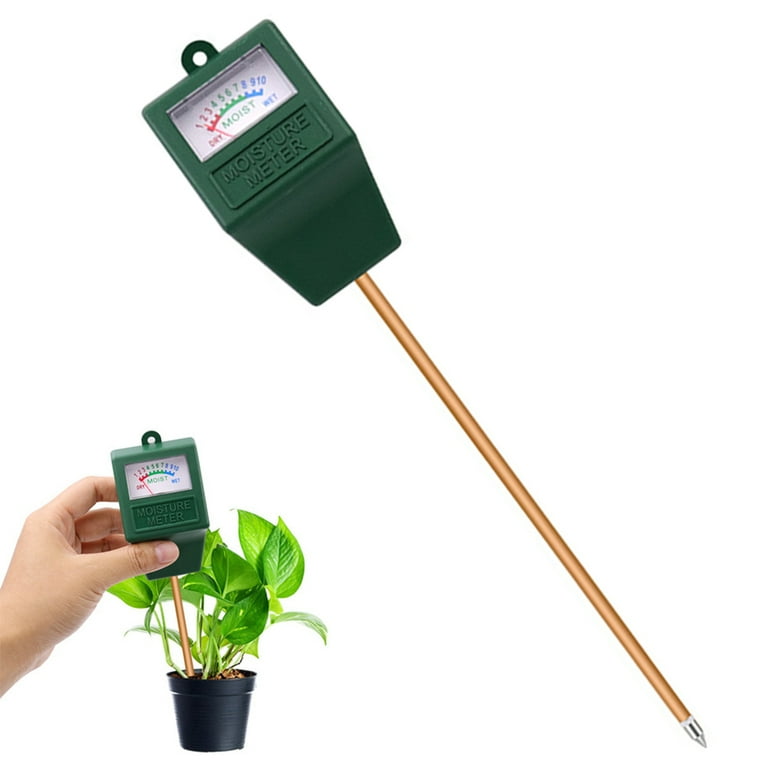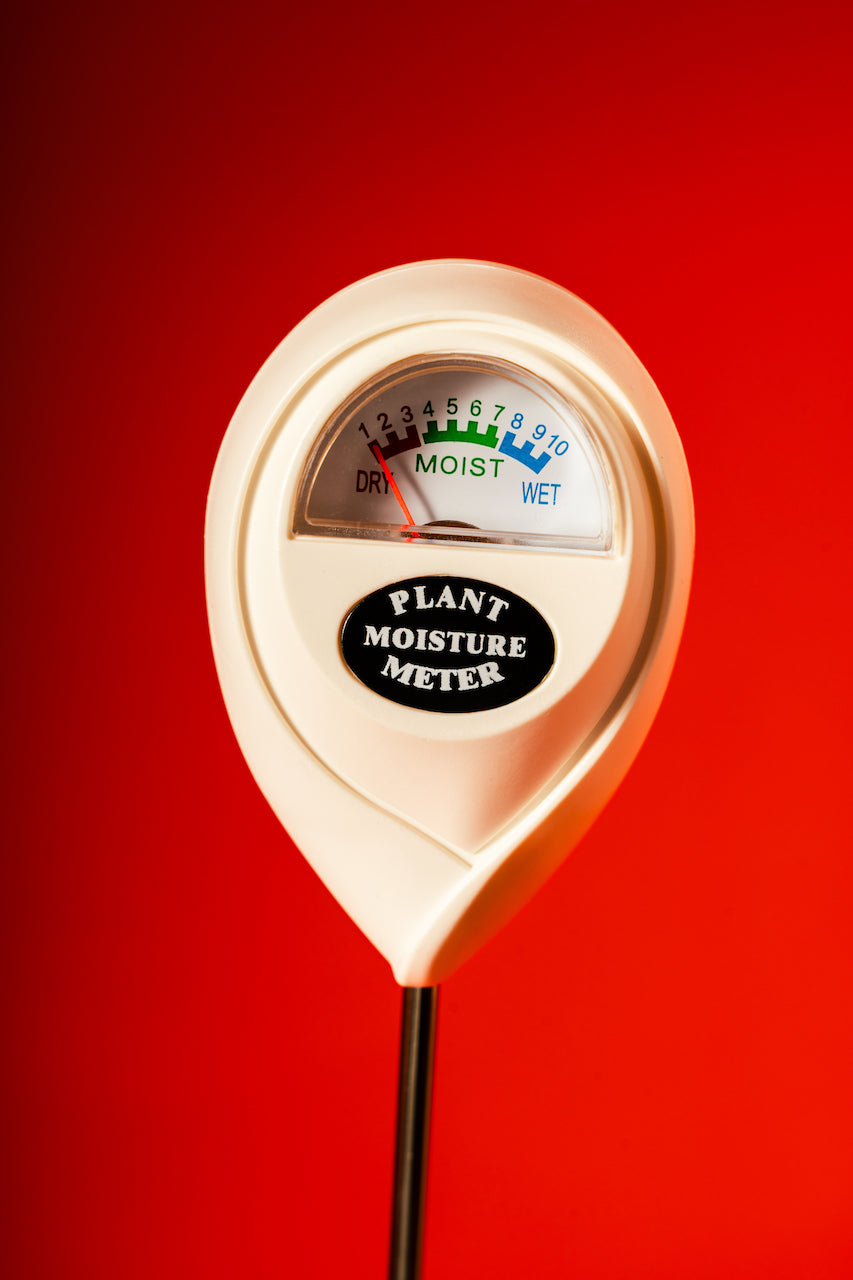Moisture Meter Buying Overview: What to Try to find in High-Quality Instruments
Moisture Meter Buying Overview: What to Try to find in High-Quality Instruments
Blog Article
The Ultimate Guide to Wetness Meters: A Comprehensive Introduction and Exactly How They Can Save You Cash
Dampness meters offer as vital tools in identifying and monitoring moisture material in materials, assisting in preventing pricey problems and making certain the quality of products. Comprehending the subtleties of different types of wetness meters, their applications, and the possible cost-saving benefits they offer can be a game-changer for specialists and businesses alike.
Kinds Of Wetness Meters
Different kinds of dampness meters are offered for different applications in various sectors. One typical kind is the pin-type wetness meter, which measures the electrical resistance in between 2 pins placed into a material. This kind appropriates for timber, drywall, and other building materials. Pinless wetness meters, on the various other hand, usage electro-magnetic sensing unit plates to scan a larger area without causing damage to the product's surface. Moisture Meter. These meters are optimal for swiftly evaluating dampness degrees in huge areas such as floors and wall surfaces.

Infrared dampness meters measure the thermal residential or commercial properties of a product to determine its wetness web content non-invasively, making them beneficial for applications where pin or pinless meters might not be suitable. Recognizing the various types of wetness meters readily available can aid sectors choose the most proper device for their specific wetness dimension needs.

Benefits of Utilizing Moisture Meters
Wetness meters offer indispensable benefits in accurately keeping track of and assessing moisture degrees in varied products and settings. One of the main benefits of using moisture meters is the avoidance of possible damages triggered by excess wetness.
Furthermore, utilizing moisture meters can lead to boosted power effectiveness. In farming settings, dampness meters play an important duty in optimizing crop returns by enabling farmers to keep an eye on soil wetness degrees and make informed irrigation decisions.
Exactly How to Choose the Right Wetness Meter
When selecting a wetness meter, it's necessary to guarantee that the meter is appropriate for the certain material you will be screening. Different products have differing electrical properties that can influence wetness readings, so selecting a meter made for your product is critical for precise results. By carefully examining these aspects, you can pick a moisture meter that satisfies your needs and supplies accurate dampness dimensions for your tasks.
Proper Strategies for Wetness Meter Usage

Expense Savings Via Moisture Meter Applications
Exactly how can the calculated use of dampness meters lead to significant price financial savings across numerous markets? In the agriculture sector, wetness meters help in figuring out the ideal time for harvesting plants, preventing excess or over-drying wetness this page that can influence the last product's quality.
Similarly, in building and construction, dampness meters aid protect against pricey damages by detecting dampness levels in structure materials, such as wood or concrete, which can lead to structural concerns if not attended to quickly. By recognizing problem areas beforehand, why not look here service providers can take corrective steps to stay clear of comprehensive fixings or replacements, eventually conserving time and cash.
Additionally, in the food handling sector, moisture meters are crucial for keeping track of product top quality and ensuring compliance with security guidelines. By properly measuring moisture material in food items, suppliers can prevent putridity, preserve quality, and reduce waste, causing substantial cost savings. Generally, the critical application of dampness meters is a valuable investment that can result in significant cost reductions and improved efficiency across various industries.
Conclusion
Finally, dampness meters are useful devices for identifying and gauging moisture degrees in numerous products. By making use of the appropriate dampness meter and complying with appropriate techniques, users can efficiently stop expensive damages created by excess dampness. Purchasing a high quality wetness meter can result in considerable expense savings in the long run by recognizing possible problems at an early stage and enabling punctual remediation. Eventually, moisture meters are essential tools for preserving the integrity and long life of products and structures.
Dampness meters serve as crucial tools in spotting and monitoring moisture web content in products, aiding in avoiding expensive damages and making sure the high quality of items. Infrared wetness meters gauge the thermal properties of a product to establish its wetness material non-invasively, making them helpful for applications where pin or pinless meters might not be appropriate.Wetness meters provide important advantages in precisely evaluating and keeping track of wetness levels in news diverse products and environments. In farming settings, moisture meters play an essential role in maximizing plant returns by allowing farmers to keep an eye on dirt moisture levels and make educated watering choices.In conclusion, dampness meters are beneficial devices for measuring and finding dampness degrees in numerous materials.
Report this page